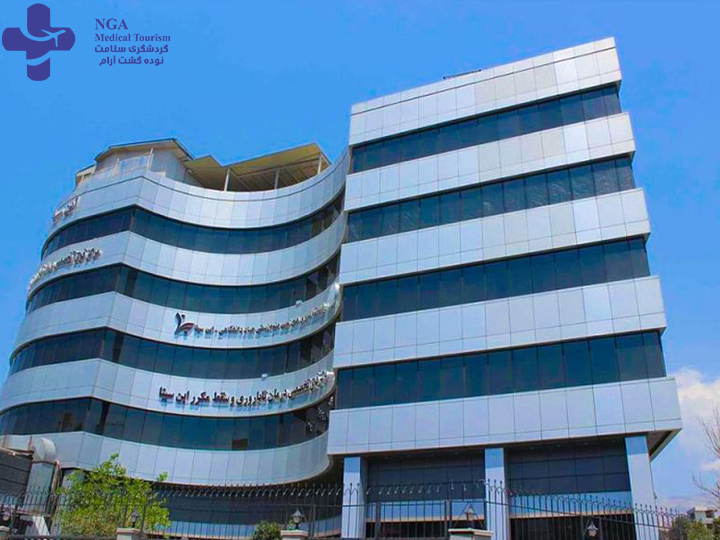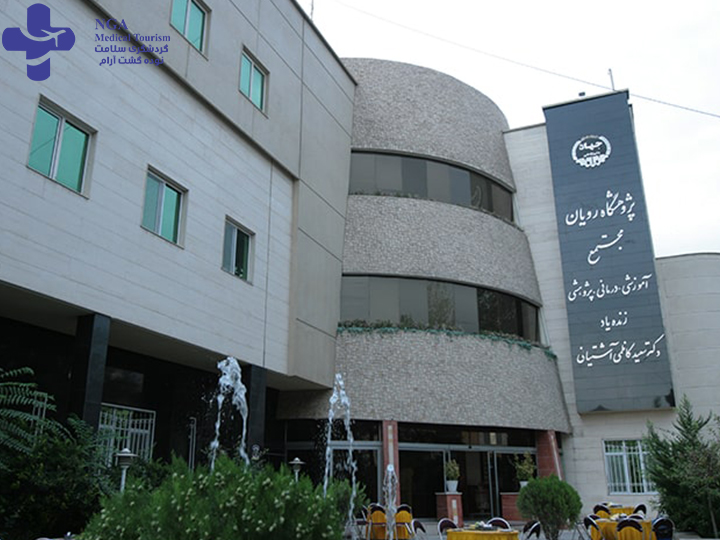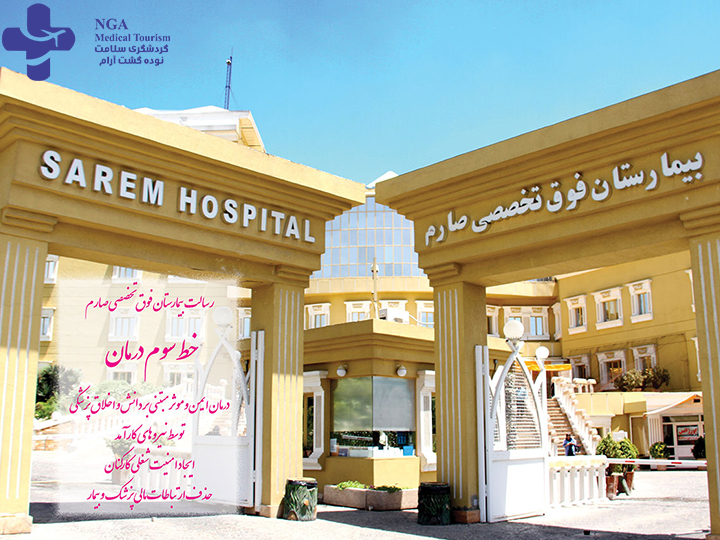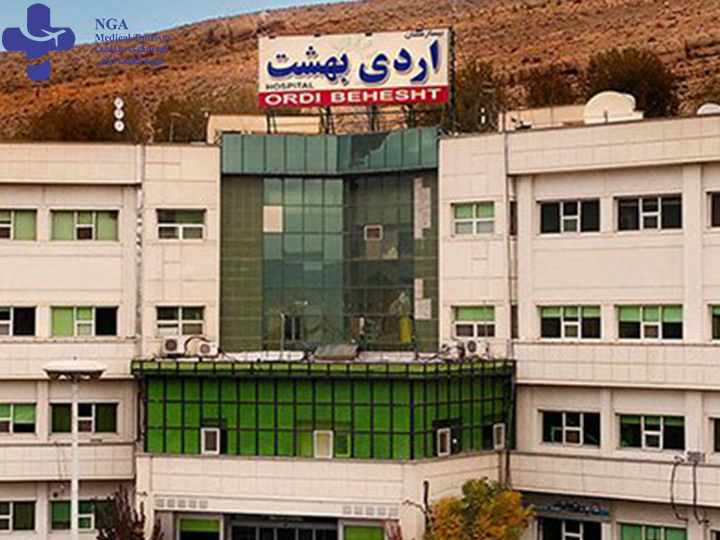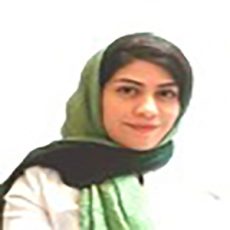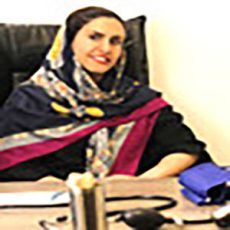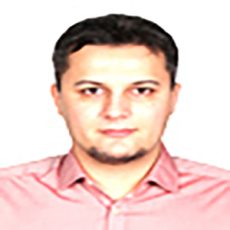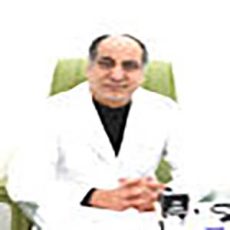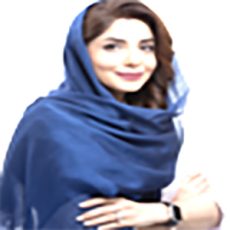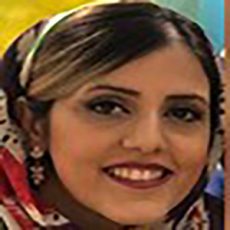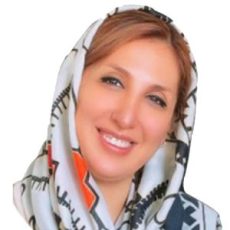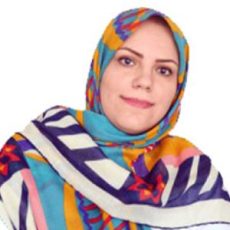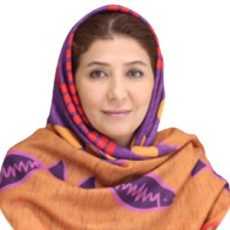Egg Donation: IVF with Donor Egg in Iran
Best Hospital
We Introduce Best Hospital for egg donation
Best Doctors
We Introduce Best Doctors for egg donation
Best Price
We Try to introduce best Services with Regular Price
What is an Egg donation?
Egg donation is a process in which a woman, known as the donor, provides her eggs to be used by another woman or couple who are unable to conceive with their own eggs. This assisted reproductive technology involves the retrieval of eggs from the donor, which are then fertilized with sperm in a laboratory. The resulting embryos are transferred to the uterus of the recipient, with the goal of achieving a successful pregnancy. Egg donation is often sought by individuals or couples facing fertility issues, and it allows them to experience pregnancy and childbirth using donated eggs. The process is regulated and involves thorough screening of donors to ensure both physical and mental suitability.

How is infertility treated with donated eggs?
Infertility treated with donated eggs typically involves a process known as in vitro fertilization (IVF). Here’s a breakdown:
Donor Selection
A suitable egg donor is chosen based on various factors, including health, genetics, and compatibility with the recipient.
Synchronization of Cycles
The menstrual cycles of the donor and recipient are synchronized using hormonal medications.
Egg Retrieval
The donor undergoes a procedure to retrieve eggs from her ovaries. This is usually done through a minimally invasive procedure called transvaginal ultrasound aspiration.
Fertilization
The retrieved eggs are fertilized with sperm from the recipient’s partner or a sperm donor in a laboratory setting. This can be done through conventional insemination or intracytoplasmic sperm injection (ICSI).
Embryo Cultivation
The fertilized eggs develop into embryos over a few days, and they are monitored for quality.
Embryo Transfer
One or more healthy embryos are selected and transferred into the recipient’s uterus. This is typically a relatively simple and outpatient procedure.
Progesterone Support
To support the early stages of pregnancy, the recipient takes progesterone or other hormonal medications.
Pregnancy Test
A pregnancy test is performed a couple of weeks after the embryo transfer to determine if the procedure was successful.
This process allows individuals or couples struggling with female infertility or genetic issues to experience pregnancy and childbirth. It’s a complex yet highly successful method for achieving pregnancy in cases where using the woman’s own eggs is not possible or advisable.


IVF egg donation involves retrieving eggs from a donor, fertilizing them with sperm in a laboratory, and transferring the resulting embryos to the intended recipient. It is a widely-used assisted reproductive technology for individuals or couples experiencing infertility or genetic disorders. Egg donors can be anonymous or known, and the process typically requires medical screening and legal agreements.
Read More: IVF in Iran
Read More: What Is Ivf Procedure
Read More: Where Is The Cheapest Country For IVF In 2023?
Read More: Fertility Clinic near me
Read More: Ivf Injections
In Iran, egg donation is a well-established and regulated practice within the field of assisted reproductive technologies. The process generally follows international standards and guidelines, with a few unique aspects influenced by Iranian laws and cultural considerations.
Regulation and Oversight:
The Iranian Ministry of Health and Medical Education regulates and oversees assisted reproductive technologies, including egg donation.
There are legal and ethical guidelines in place to ensure the well-being of donors, recipients, and resulting children.
Donor Recruitment and Screening:
Egg donors in Iran typically undergo thorough medical, psychological, and genetic screening.
Donors may remain anonymous, and their identities are kept confidential.
Cultural Considerations:
In Iran, there is a cultural emphasis on family and fertility, and assisted reproductive technologies, including egg donation, are accepted practices.
Religious and cultural considerations may play a role in the decision-making process for individuals and couples seeking fertility treatments.
Affordability:
Compared to some Western countries, fertility treatments, including egg donation, may be more affordable in Iran. This accessibility has contributed to the popularity of Iran as a destination for fertility tourism.
Success Rates:
Iranian fertility clinics have reported competitive success rates in assisted reproductive procedures, including egg donation.
What is the process of egg donation in Iran like?
In Iran, the egg donation process involves finding a suitable donor through a clinic or healthcare facilitator. Donors undergo screening, including medical and psychological evaluations, and receive hormonal stimulation for egg production. Mature eggs are then retrieved via transvaginal ultrasound aspiration. Fertilization with the recipient’s partner’s sperm occurs in a lab using IVF. Resulting embryos are transferred to the recipient’s uterus or a surrogate’s. A pregnancy test two weeks post-embryo transfer determines success. While individual needs and doctor opinions may cause variations, this outlines the general IVF egg donation process in Iran. Thorough research and understanding are crucial before proceeding.
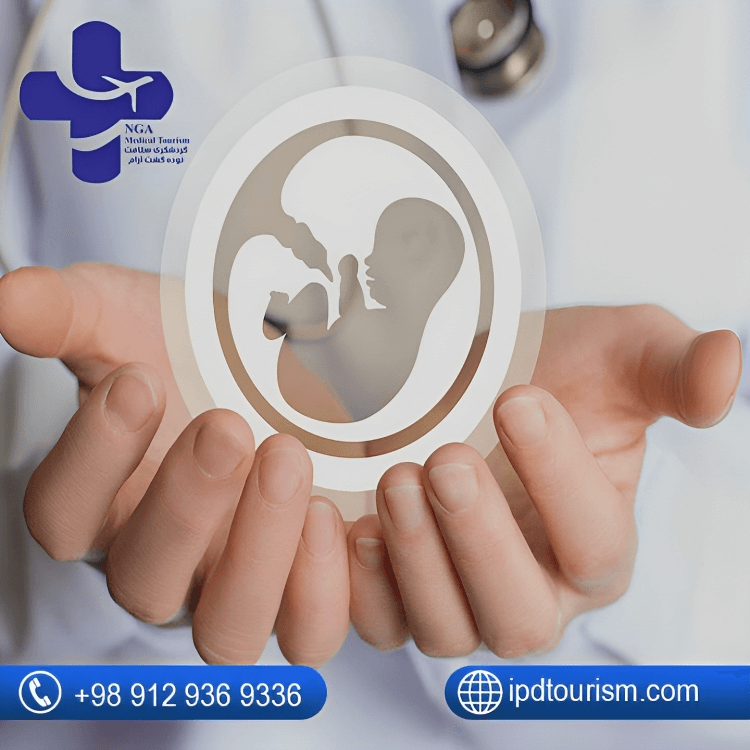

What is the process of egg donation in Iran like?
In Iran, the egg donation process involves finding a suitable donor through a clinic or healthcare facilitator. Donors undergo screening, including medical and psychological evaluations, and receive hormonal stimulation for egg production. Mature eggs are then retrieved via transvaginal ultrasound aspiration. Fertilization with the recipient’s partner’s sperm occurs in a lab using IVF. Resulting embryos are transferred to the recipient’s uterus or a surrogate’s. A pregnancy test two weeks post-embryo transfer determines success. While individual needs and doctor opinions may cause variations, this outlines the general IVF egg donation process in Iran. Thorough research and understanding are crucial before proceeding.
Is Egg Donation Halal?
Egg donation is considered permissible (halal) in Islam, with differences in beliefs between Sunni and Shia Muslims. While some Sunni scholars may disapprove of involving a third party in reproduction, Shia rules are more flexible. The underlying principle is that egg donation can provide a solution for couples facing infertility, allowing them to fulfill the purpose of marriage in Islam by having children. In this context, Muslim donors are preferred for Muslim couples, ensuring that fertility issues do not hinder the joy of parenthood.
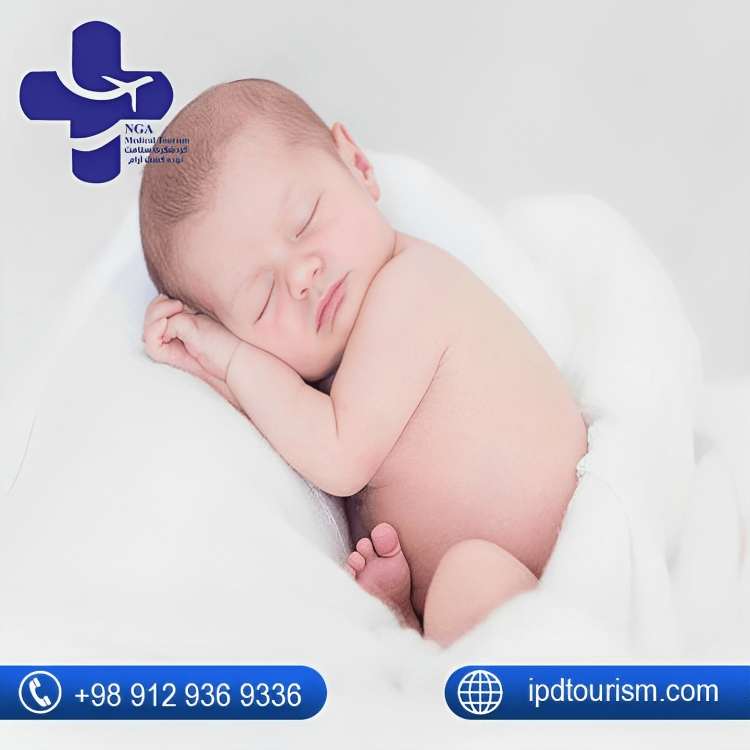
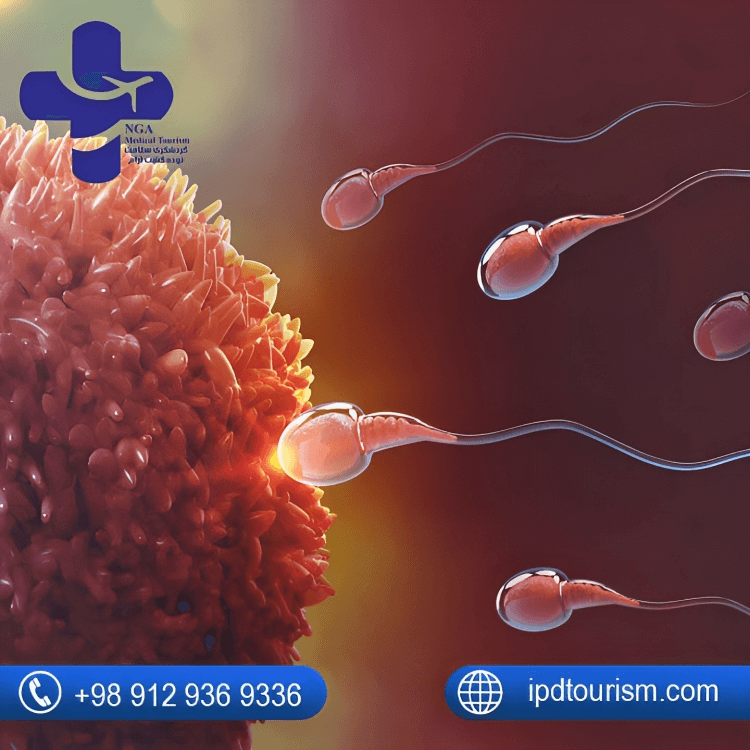
What is the process of egg donation in Iran like?
In Iran, the egg donation process involves finding a suitable donor through a clinic or healthcare facilitator. Donors undergo screening, including medical and psychological evaluations, and receive hormonal stimulation for egg production. Mature eggs are then retrieved via transvaginal ultrasound aspiration. Fertilization with the recipient’s partner’s sperm occurs in a lab using IVF. Resulting embryos are transferred to the recipient’s uterus or a surrogate’s. A pregnancy test two weeks post-embryo transfer determines success. While individual needs and doctor opinions may cause variations, this outlines the general IVF egg donation process in Iran. Thorough research and understanding are crucial before proceeding.
Egg Donation Success Rate in Iran
In Iranian fertility treatment centers, high-quality eggs from young donors are utilized for egg donation. To ensure the health of the donated eggs, donors must have healthy children. Given the use of eggs from young and fertile women, the success rate of fertility treatments involving donated eggs in top infertility treatment centers is typically between 50 and 60%.

Egg Donation Cost in Iran
The cost of IVF with donor eggs in Iran varies based on factors such as the fertility hospital’s amenities, necessary medications, pre- and post-operative tests, medical and psychological evaluations for the donor, compensation for the egg donor, and the reputation of the fertility doctor. On average, the expense for IVF with egg donation in Iran falls within the range of 4,000 to 5,000 USD.
EGG DONATION REQUIREMENTS AND QUALIFICATIONS
WHAT ARE THE REQUIREMENTS FOR AN EGG DONOR?
- Meeting an age criterion
- possessing a track record of successful pregnancies
- maintaining physical and mental well-being
- sharing similarities with the recipients
What are the requirements for an egg recipient?
- Being within the age range suitable for childbearing
- demonstrating mental and physical preparedness
- possessing financial stability
- maintaining a robust reproductive system
Best Candidates for Using Donor Egg in Iran
Terms for egg donation often include age criteria of 21 to 35, absence of life-threatening diseases, a clear medical history, and no presence of STDs or genetic disorders. On the contrary, female recipients opting for donor eggs commonly experience challenges such as being aged between 35 to 45, facing difficulties in conceiving naturally, premature menopause, loss of both ovaries due to chemotherapy, radiotherapy, or trauma, congenital absence of ovaries (ovarian agenesis), past inadequate response to ovulation induction drugs and ART techniques like IVF and ICSI, low ovarian reserve, poor egg quality, genetic disorders, and a history of recurrent miscarriages.
Egg Donation Timeline in Iran
The egg donation process involves five sequential steps as outlined below:
Donor Selection: Fertility clinics maintain comprehensive personal and medical records of egg donors and recipients, enabling infertile couples to choose a donor that aligns best with their preferences.
Evaluation: After the donor and recipients are matched, both parties undergo various medical and psychological tests to ensure the prospective baby’s physical and mental well-being.
Contract Formation: With satisfactory evaluations and the doctor’s approval of the health conditions of both the donor and recipients, a legal contract is established.
Preparation Phase: During this stage, the donor and the female partner undergo hormonal medication to prime their bodies for the donation and reception of eggs.
Initiating the Procedure: The donor receives ovulation induction drugs to stimulate the production of mature eggs. Throughout this phase, the doctor consistently monitors the donor using ultrasound and blood tests to ensure the expected response to medications.
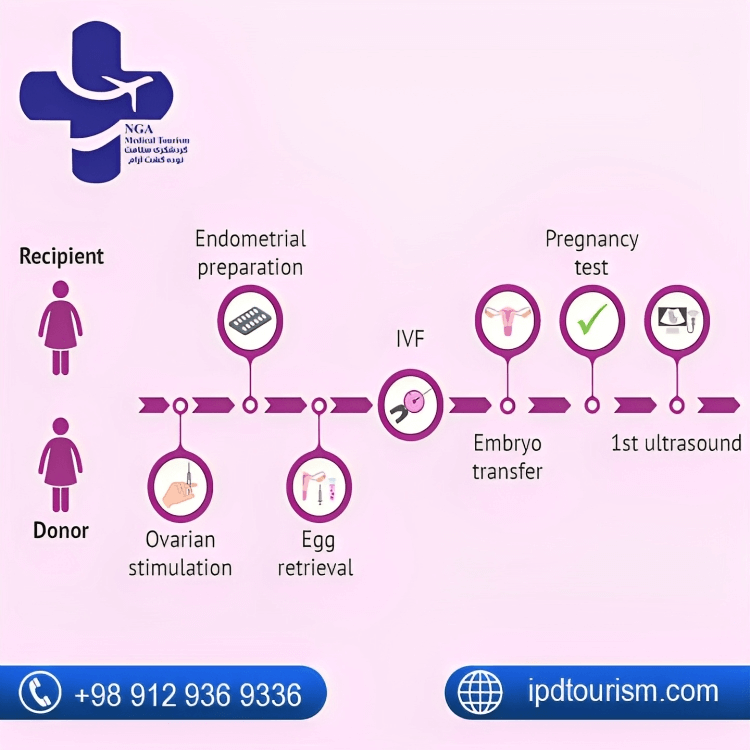
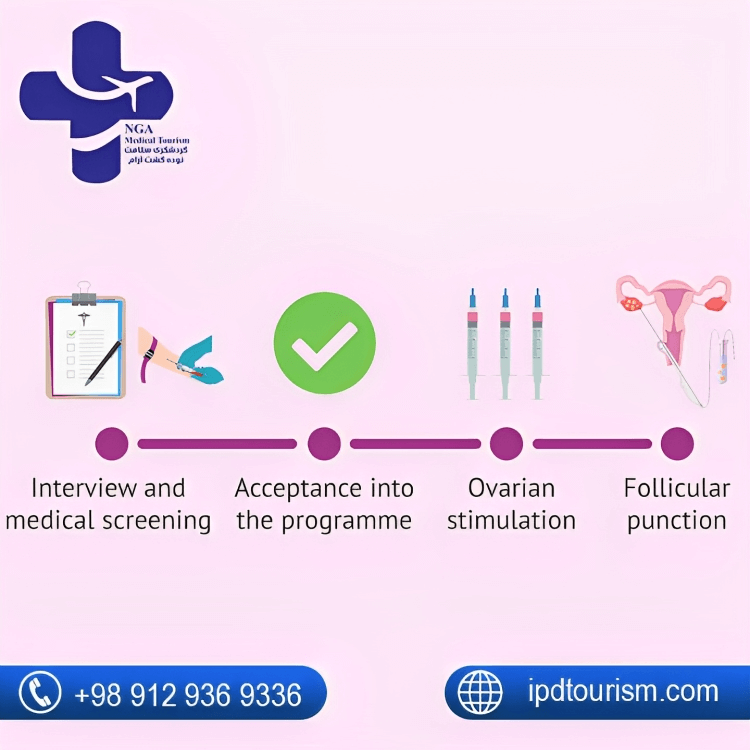
Egg donation pros and cons
Egg donation advantages for the recipient
Egg donation supports women struggling to conceive naturally, offering them the experience of pregnancy and breastfeeding to form a strong bond with the child. The ability to choose a donor enhances the connection by selecting someone with similarities. It also provides flexibility for delaying childbirth without increased infertility worries. Furthermore, it accelerates the path to pregnancy for women with a limited egg supply.
Egg donation disadvantages for the recipient
Accepting non-biological motherhood can be challenging for some women. While using donated eggs increases pregnancy chances, success is not guaranteed, leading to potential frustration and additional costs for IVF and egg donation attempts. The financial burden includes medical expenses for both the recipient and donor, and in some cases, compensating the donor. Finding the right donor, particularly when using eggs from a family member, adds to the stress of this complex process.
Egg donation advantages for the donor
- Ensure your health through thorough screening before donation.
- Gain fertility knowledge for informed decisions in the future.
- Receive legal compensation in many countries for your donation.
- Experience the satisfaction of helping another woman achieve her dream of conceiving.
- Preserve some of your own eggs for future family planning if not ready for a child now.
Egg donation disadvantages for the donor
- Hormones used may impact mood and health.
- Hormone shots can lead to weight gain for the donor.
- Emotional challenges may arise, with some donors feeling a sense of loss as the donated egg develops into a living being.
- Time and commitment are crucial, requiring punctuality for screenings, hormone shots, and egg retrieval. This can be challenging for donors with existing commitments or children.
Egg donation side effects
In any medical procedure, potential short-term side effects may include bruises from blood drawing during screening, weight gain, headaches, Ovarian Hyper-Stimulation Syndrome (OHSS), rare instances of fluid in the abdomen, pain, allergies, and internal bleeding. However, long-term health risks and complications are not extensively studied due to the relatively recent introduction of egg donation. Currently, there is no evidence linking egg donation to cancer, infertility, or other enduring health issues.
Limitations of egg donation in iran
A recent regulation in Iran stipulates that foreign nationals are prohibited from receiving donated eggs from Iranian donors. This governmental law necessitates that couples seeking fertility treatments involving egg donation in Iran must be accompanied by a donor from their own country.
Egg Donation and Surrogacy in Iran
Egg donation and surrogacy are assisted reproductive technologies that play pivotal roles in overcoming fertility challenges. In egg donation, a woman donates her eggs, often to help others struggling with infertility. These eggs are fertilized in vitro and implanted in the recipient or surrogate’s uterus. Surrogacy involves a woman carrying a child on behalf of another individual or couple, often using either the biological mother’s eggs or donated eggs. Both processes require careful legal and medical considerations, offering alternative paths to parenthood for those facing reproductive difficulties. Surrogacy is also permitted under certain conditions, and the process typically involves legal agreements to ensure the rights and responsibilities of all parties involved

Sperm donation in Iran
Infertility impacts both men and women, and in cases where conception is hindered by male infertility, couples may turn to sperm donation for assistance. Sperm donation involves a man contributing his sperm to aid couples struggling to conceive. The donated sperm can either be directly injected into the woman’s uterus or utilized in a laboratory setting for in vitro fertilization (IVF) to fertilize an egg. This process offers a viable solution for couples facing challenges in natural conception due to male infertility.
SPERM DONATION ELIGIBILITY
To be a sperm donor, you need to be in good health and meet certain criteria. This includes being free of drug use, aged between 18 and 39 (or 18 and 34), having no STDs or genetic conditions, and having a clear family medical history. Mental health conditions like bipolar disorder are also considered in the screening process.
Sperm donation advantages and disadvantages
Sperm donation can offer various advantages, such as providing a solution for individuals or couples facing infertility issues, allowing same-sex couples or single individuals to conceive, and contributing to scientific research. However, it comes with potential disadvantages, including concerns about the anonymity of donors, ethical considerations surrounding the commodification of reproductive materials, and the psychological impact on donor-conceived individuals who may seek information about their genetic origins. Striking a balance between addressing fertility challenges and addressing ethical considerations is crucial in evaluating the overall impact of sperm donation.
The best IVF doctors in Iran
Egg donation is generally considered safe, but like any medical procedure, it carries some risks such as infection, bleeding, and reaction to medications. It’s important to consult with a medical professional for a comprehensive understanding of the risks and benefits specific to your situation.
Ovarian reserve refers to the quantity and quality of a woman’s remaining eggs in her ovaries, which indicates her potential for fertility and responsiveness to fertility treatments. It is commonly assessed through measurements of hormone levels (such as AMH) and antral follicle count on ultrasound.
The morality of egg donation is a subjective and complex issue, with varying perspectives. Some people may have ethical concerns related to the commodification of reproductive materials, while others view it as a selfless act of helping others. Ultimately, individual beliefs and values influence judgments on the morality of egg donation.
The amount of ovarian reserves is commonly measured through blood tests that assess hormone levels, such as anti-Müllerian hormone (AMH), and through ultrasound examinations that count the number of antral follicles in the ovaries. These tests provide an indication of a woman’s potential fertility and response to fertility treatments.
Premature menopause, also known as premature ovarian insufficiency, is the onset of menopause before the age of 40, resulting in the cessation of ovarian function and a decline in hormone production.
There is currently no scientific evidence to suggest that egg donation causes cancer. However, as with any medical intervention, it is important to discuss potential risks with a healthcare professional.
Yes, premature menopause can cause infertility in women due to the loss of ovarian function and the inability to produce viable eggs for fertilization. However, assisted reproductive technologies such as in vitro fertilization (IVF) may still offer options for pregnancy.
The cost of sperm donation in Iran can vary depending on various factors. For more information, please contact us for further details.
Egg donation itself does not typically affect the fertility of the donor, as the process involves retrieving eggs that would not have been used for reproduction otherwise. However, individual circumstances and underlying factors should be discussed with a healthcare professional for a comprehensive understanding of how egg donation may impact fertility.
Egg donation does not have a direct impact on the fertility of the donor, as it involves using eggs that would not have been used for reproduction otherwise. However, individual factors and underlying conditions should be considered and discussed with a healthcare professional to assess any potential impact on fertility.
Women who are older, have a history of poor ovarian response in previous IVF cycles, have low ovarian reserve or elevated follicle-stimulating hormone (FSH) levels, or have certain medical conditions such as endometriosis or polycystic ovary syndrome (PCOS) are at higher risk of poor ovarian response in the IVF process.
Sperm donation is done to help individuals or couples who are unable to conceive naturally. It allows them to have the opportunity to become parents by using donated sperm for assisted reproductive techniques such as in vitro fertilization (IVF) or intrauterine insemination (IUI).
The cost of egg donation in Iran can vary, but it typically starts from around $1,500. However, it’s important to note that specific costs may vary depending on the clinic, the services provided, and any additional medical procedures or treatments required.



